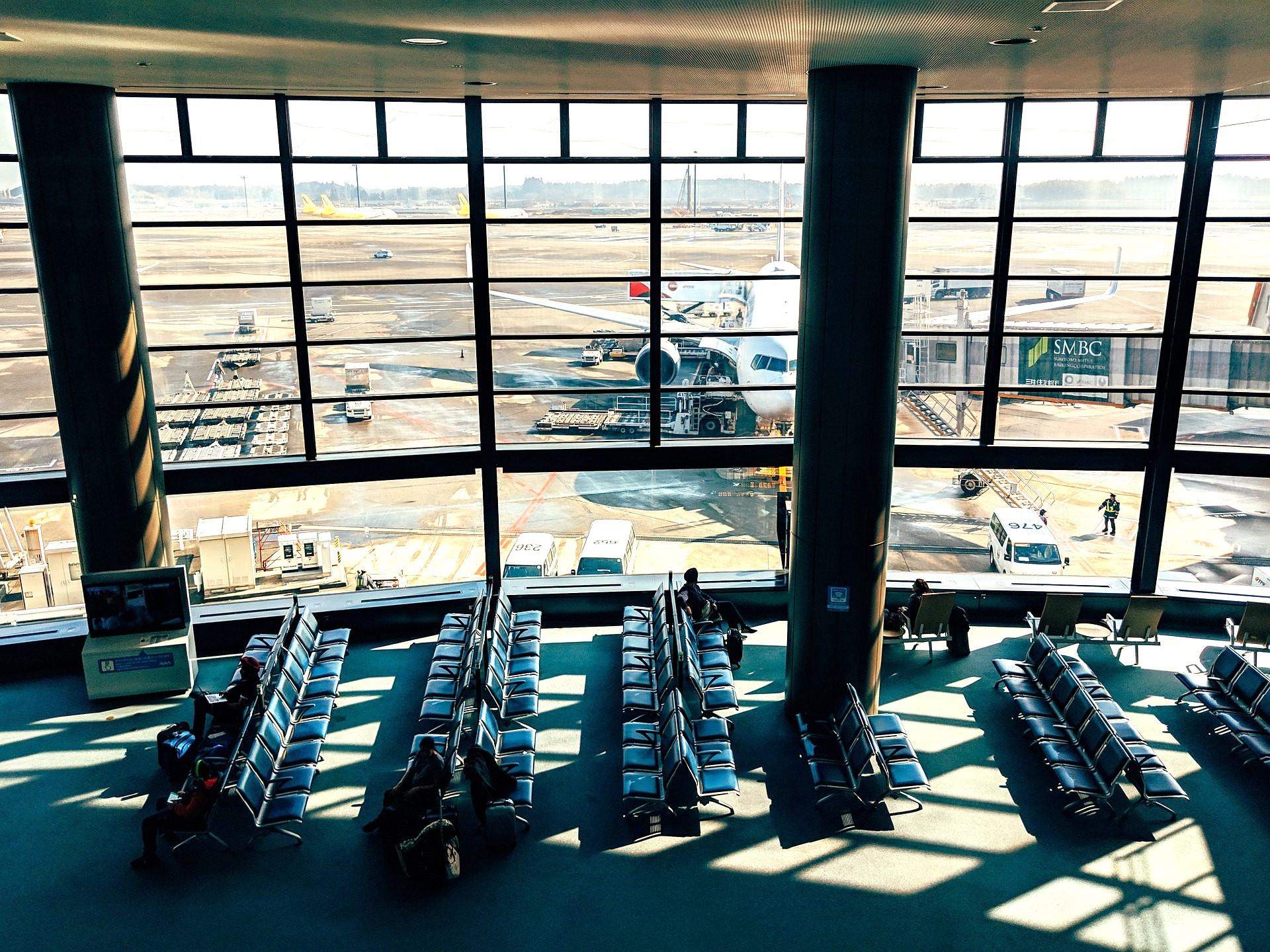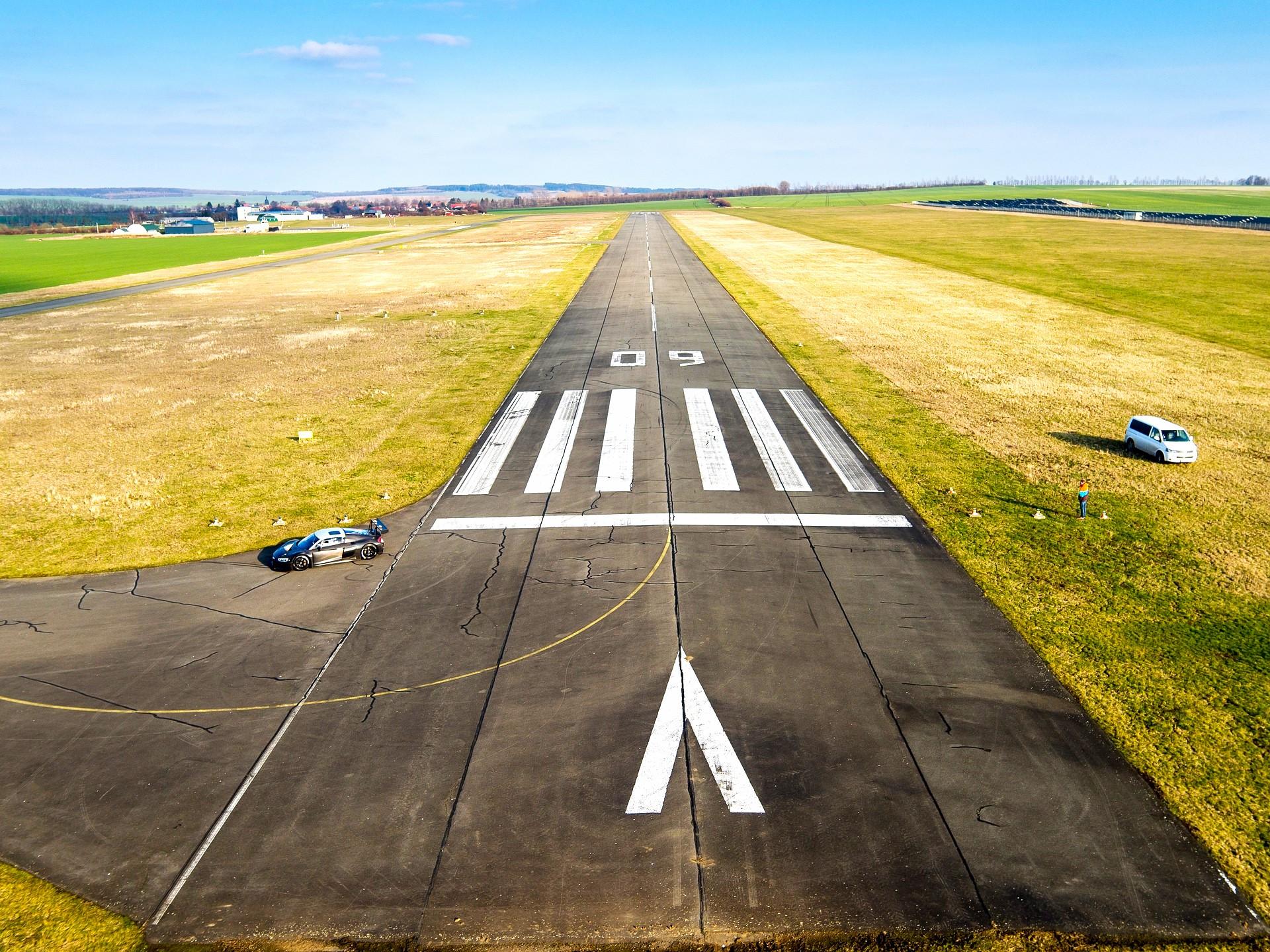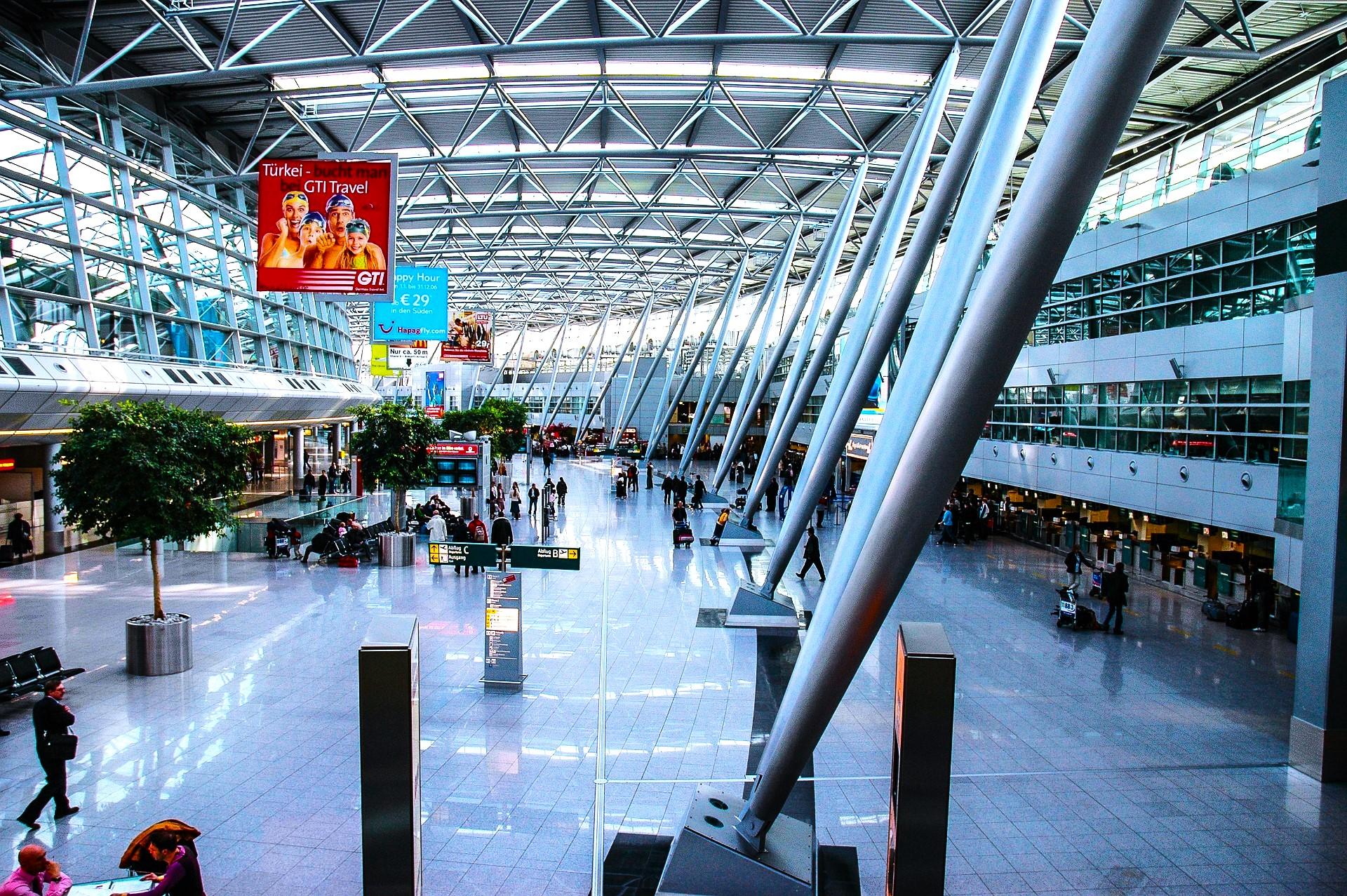If you’re planning to travel across the Canary Islands, knowing how each island is connected by air makes your trip far easier. The archipelago has several airports of different sizes, serving both international and inter-island flights. Below you’ll find a clear, traveller-friendly guide to every Canary Islands airport, including locations, facilities, airport codes and practical tips for moving between islands.
How many airports are in the Canary Islands?
The Canary Islands have 8 airports in total:
- 6 airports with regular commercial flights
- 2 airports dedicated mainly to inter-island connections
The main islands are served as follows:
- Tenerife: 2 airports (South & North)
- Gran Canaria: 1 airport
- Lanzarote: 1 airport
- Fuerteventura: 1 airport
- La Palma: 1 airport
- La Gomera: 1 inter-island airport
- El Hierro: 1 inter-island airport
List of Canary Islands airports (with codes)
| Island | Airport Name | IATA Code | Type |
|---|---|---|---|
| Tenerife | Tenerife South – Reina Sofía | TFS | International |
| Tenerife | Tenerife North – Los Rodeos | TFN | Domestic/Inter-island |
| Tenerife | Combined code for both airports | TCI | General region code |
| Gran Canaria | Gran Canaria Airport | LPA | International |
| Lanzarote | César Manrique – Lanzarote Airport | ACE | International |
| Fuerteventura | Fuerteventura Airport | FUE | International |
| La Palma | La Palma Airport | SPC | Domestic/Inter-island |
| La Gomera | La Gomera Airport | GMZ | Inter-island |
| El Hierro | El Hierro Airport | VDE | Inter-island |
Which airport should you fly into?
- Best for Tenerife holidays: TFS (most resorts) / TFN for the north
- Best for Gran Canaria: LPA – only airport on the island
- Best for Lanzarote: ACE – only airport
- Best for Fuerteventura: FUE – only airport
- Best for La Palma: SPC
- Best for La Gomera or El Hierro: connect through TFN
Gran Canaria Airport

Gran Canaria Airport (LPA) is the busiest airport in the Canary Islands, handling around 13 million passengers a year. It sits between Ingenio and Telde, roughly 18 km from Las Palmas de Gran Canaria.
You’ll find a full range of traveller services: ATMs, currency exchange, car hire, cafés, restaurants, shops, a smoking area and children’s play zones. It’s a convenient arrival point for both city visitors and resort travellers.
Tenerife South Airport

Tenerife South Airport (TFS), also known as Reina Sofía, is the main international gateway to the island. It handled more than 12 million passengers in 2023 and is located in Granadilla de Abona, just 18 km from Los Cristianos and around 20 km from Costa Adeje.
Public transport connections are good, car rental is widely available and taxis can be found outside the terminal (though queues form during peak season). Facilities are modern, clean and suitable for travellers with reduced mobility.
Tenerife North Airport
Tenerife North Airport (TFN)—formerly Los Rodeos—is mainly used for domestic and inter-island flights. It is located in San Cristóbal de La Laguna, about 10 km from Santa Cruz.
Handling around 5 million passengers a year, it is smaller and calmer than TFS. Services include pharmacies, cafés, car rental providers, ATMs and souvenir shops. For transfers, car rental is usually the most convenient option, though buses connect the airport with major towns at low cost.
Lanzarote Airport

César Manrique – Lanzarote Airport (ACE) serves more than 7 million passengers yearly and is located near Arrecife. It’s known not only for efficient facilities but also for its Aeronautical Museum, open Monday to Friday from 10:00 to 14:00.
The airport offers numerous dining options, bars, fast-food outlets and shops. Buses connect the airport to key areas such as Playa Honda, Puerto del Carmen and Playa Blanca, with fares usually under 5€.
Fuerteventura Airport
Fuerteventura Airport (FUE) is the 4th busiest in the archipelago, located only 5 km from Puerto del Rosario. Its coastal position offers excellent views during take-off and landing.
Facilities include shops, restaurants, ATMs, car rental, cafés and extensive check-in counters. Recent expansions have improved comfort and navigation through the terminal.
La Palma Airport
La Palma Airport (SPC) is modern, comfortable and well designed, with a passenger terminal offering sea views. You’ll find cafés, restaurants, souvenir shops, ATMs, information desks, Wi-Fi, a children’s play area and a mobility assistance service.
It is located between Villa de Mazo and Breña Baja, around 8 km from the island capital. Passenger volume ranges from 700,000 to 1.3 million a year.
La Gomera Airport
La Gomera Airport (GMZ) handles around 80,000 passengers annually and operates mainly inter-island flights with Binter Canarias. Located in Alajeró, it offers a small but modern terminal with cafés, a restaurant, ATM, souvenir shop, parking and Wi-Fi.
Its proximity to Playa de Santiago—just a few minutes away—is a pleasant bonus for travellers.
El Hierro Airport
El Hierro Airport (VDE), also known as Los Cangrejos Airport, serves around 250,000 passengers a year and is used mainly for flights to and from Tenerife North and Gran Canaria.
Despite its size, it offers everything a traveller needs: cafés, a restaurant, mobility assistance, souvenir shops, Wi-Fi, taxi access and bus stops. Beautiful natural pools and beaches such as La Caleta are located just a short drive away.
Frequently asked questions
How many airports are there in the Canary Islands?
There are 8 airports in total, including 6 with regular commercial flights.
Which Canary Island has more than one airport?
Tenerife has two airports: TFS (South) and TFN (North). The combined region code is TCI.
Which airport is best for visiting the resorts?
For Tenerife: TFS. For Gran Canaria: LPA. For Lanzarote: ACE. For Fuerteventura: FUE.
Which airports are international?
- TFS (Tenerife South)
- LPA (Gran Canaria)
- ACE (Lanzarote)
- FUE (Fuerteventura)
Do La Gomera and El Hierro have airports?
Yes, both islands have small inter-island airports: GMZ (La Gomera) and VDE (El Hierro).
Conclusion
The Canary Islands are extremely well connected thanks to their network of airports, each offering essential services and easy transfers to the most important towns. Whether you’re island-hopping or arriving for a beach holiday, this guide helps you choose the best airport for your trip and understand how the archipelago’s air routes work.













